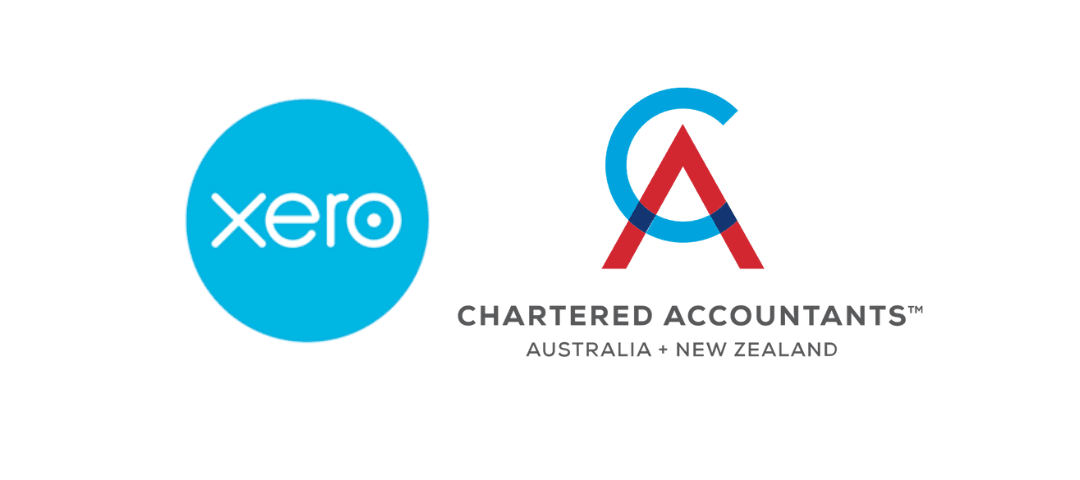We’ve been asked “is there any benefit to using a company for cryptocurrency trading?” We’ve explored this option further and provided the advantages and risks to be aware of.
The decision to trade using a company structure should be based upon your own personal circumstances. Restructures always require a commercial reasoning for doing so otherwise is may be seen as tax avoidance by Inland Revenue. We recommend contacting us before doing anything.
Note: there are tax differences between a look through company (LTC) and a standard company. The election into an LTC which we touch on further below as an option, would offset some of the earlier tax advantages we outline.
Advantages:
1. Pay less tax
A company’s tax rate is 28% compared to trusts tax rate of 33% and the highest individual tax rate 33% (for income >$70k). Company profits taxed at 28% could therefore result in tax savings.
A further 5% dividend withholding tax (DWT) will apply when a dividend is paid. This normally occurs when a shareholder wants to withdraw cash from the company or wind-up the company. We expect 5% tax payable when the crypto is withdrawn in fiat, and at that point in time, you would have the cash to pay the tax.
Some cryptocurrency traders seem to have a certain stigma against cashing out crypto to pay tax. Their perspective is that crypto will continue to increase in value and when they cash out to pay tax they will miss out on future increases in value, and the compounding effect. Therefore, if you are bullish on crypto, leaving 5% extra in a rising crypto market creates a positive effect of compounding returns over time.
2. Normal company deductibility rules
A company is allowed a 100% tax deduction on any interest on lending, and 100% tax deductions for motor vehicle expenses. Fringe Benefit Tax (FBT) applies.
If you have a personal house mortgage of $500k and have a crypto portfolio of $500k there is potential to use a company to restructure your lending and have an interest deduction of $25k per year and a tax savings of $8,250 per year.
How?
Part 1: Sell your $500k of crypto to a company. Company owes you $500k for the crypto
Part 2: Company borrows $500k from the bank to repay you for the $500k of crypto
Part 3: Company repays you, you have $500k to pay off the bank (personal debt)
Part 4: The company is allowed an automatic deduction for the interest on lending
Part 5: The interest (@ 5% rate) on $500k is $25k pa, and at 33% tax is $8,250.
There is a little bit more to the detail, but this is a common restructure for other businesses (with combined and overriding commercial reasons for doing so). Effectively the interest on your mortgage which is used for a personal home, is restructured so it becomes tax deductible as it is used for business; cryptocurrency trading.
3. No Student Loan Repayments
A company cannot have a student loan. Therefore, there are no student loan repayments on company profits. If any cryptocurrency profit is in your own name, the normal student loan repayment rules will apply (12% of any income greater than $20k). While a student loan repayment is not tax, it is a repayment of debt, if you live in NZ they are currently interest free.
A repayment of an interest free loan may not be the best use of your capital if you have other interest-bearing debts or are able to obtain returns greater than 0% elsewhere. Always consider the risk associated with decisions.
4. Flexibility to remunerate shareholders and utilise lower individual tax rates
A company allows flexibility to pay shareholders a salary (called a shareholder salary) at the year end when the financial statements are prepared. This non-cash salary remunerates shareholders for services performed during the year. It can reimburse any owners drawings taken or can create a loan owing from the company to the shareholder.
This may also utilise an individual’s lower marginal tax rate, compared to the company flat tax rate of 28%. A separate shareholder salary can be paid to each shareholder. Have a read of our earlier structuring blog here.
5. Provides a flexible structure for future shareholders
Shares of a company can be easily exchanged. This allows for future planning so that part of the company (and its underlying cryptocurrency assets) could be sold to a new or existing shareholder without disruption to the underlying assets.
For example, if your cryptocurrency is stored in a Trezor, rather than transferring it to the exchange and selling on the market, you could sell shares in the company. Therefore, a company ownership with shares, could allow a gradual release of capital overtime while maintaining control.
A company structure also allows multiple shareholders to combine capital for trading purposes.
Risks to be aware of:
1. Difficulty in buying crypto with a company
Registering a company on a trading exchange may be difficult. Especially in NZ due to anti-money laundering rules. Check with the exchanges you use that you can still operate as a company. It may be appropriate for a director to act as an agent of the company on trust account.
2. Opening a bank account in NZ for cryptocurrency trading
Like point 1 above, NZ banks can sometimes be difficult with cryptocurrency. The feedback I have received is that provided the crypto is used personally, they are generally okay. A change to a company structure would suggest otherwise and therefore may jeopardize your option of opening a bank account. As with option one, it may appropriate for a director to act as an agent of the company on trust account
3. Ring fencing of company losses
If a company makes a loss, those losses are ring fenced inside the company and only available to be offset against future profits that the company makes. Due to the volatile nature of crypto, this is a significant risk to be aware of.
If the crypto loss was in an individual’s own name, the loss would offset against any other personal income earned (or be carried forward to offset any future income earned in your personal capacity). For most, this means any loss would be offset against PAYE earnt income and result in a tax refund.
A new company does have flexibility of retrospectively electing into the LTC regime before its first income tax return is due. An LTC maintains its legal ownership as a company, however any company losses are taxed in the shareholders name in proportion to their shareholding (therefore able to be offset against personal income like an individual).
If you use a tax agent, you would have until 31 March 2020 to make an LTC election for a new company incorporated in the 2019 financial year. There are some further rules that apply to be eligible for an LTC company. Talk to us first.
4. Subvention payments, loss offsets & existing companies
Profits or losses from other companies may be able to be offset against each other by using a subvention payment or loss offset provided they meet the common ownership test (group with 66% common shareholding during the continuity period). For example, if a cryptocurrency company has $500k profit, and another company has a $500k loss the profit from one company may be able to be offset against the loss.
You may already own a company with existing losses carried forward. If you are bullish on crypto, it is worth considering the option to sell the crypto into the existing company to utilize the existing losses. Be aware of the risks outlined in 3 above.
5. Realising gains/losses on entry to a company - transfer from an individual to a company
Once a company is incorporated, the cryptocurrency is sold at its market value from an individual to the company. For the individual, they are disposing of their holdings, and therefore any gains or losses from their original purchase price are taxable in their own name.
Depending on the individuals original purchase price this could result in significant tax consequences on the sale. If the crypto was not sold, the gains/losses would not be taxable until they are disposed.
As the company is a separate legal entity from an individual, the market value of the crypto when sold to the company, becomes the new cost price for the company. The difference between that cost price and the eventual sale price will be taxable in the company.
6. Administration costs and set-up
There is a fee to incorporate a company, along with an annual filing fee. There can also be additional costs involved depending on the nature of the company. There is also further legislation (Companies Act) to comply with.
Book a no obligation chat with Tim Doyle today to discuss if this is an appropriate for you. Or feel free to email Tim to discuss any other cryptocurrency tax related matters.
This material has been prepared for informational purposes only, and is not intended to provide, and should not be relied on for, tax, legal or accounting advice. You should consult your own tax, legal and accounting advisors before engaging in any transaction.



